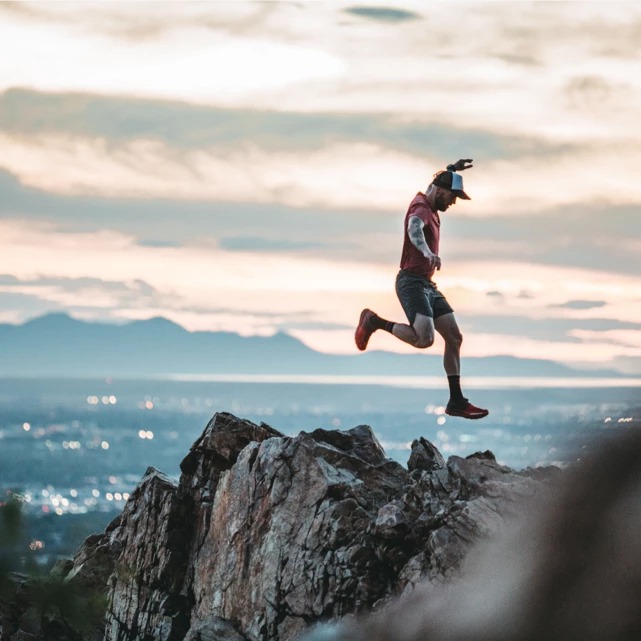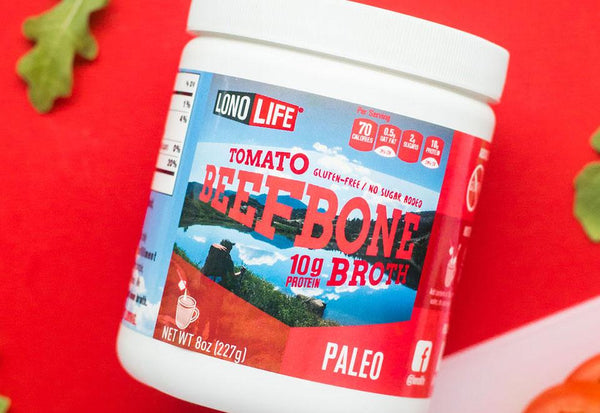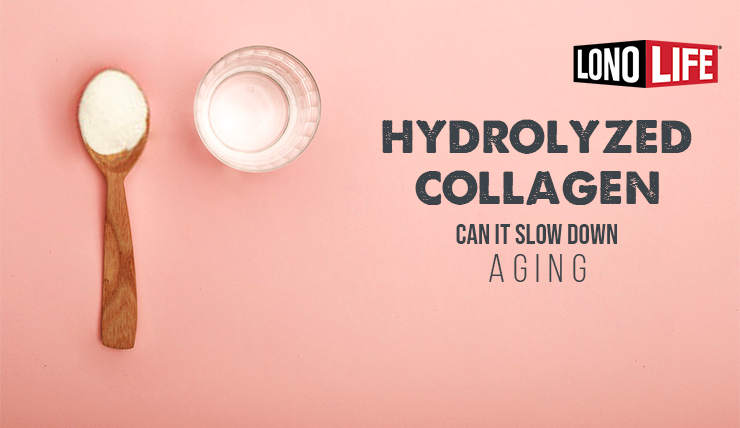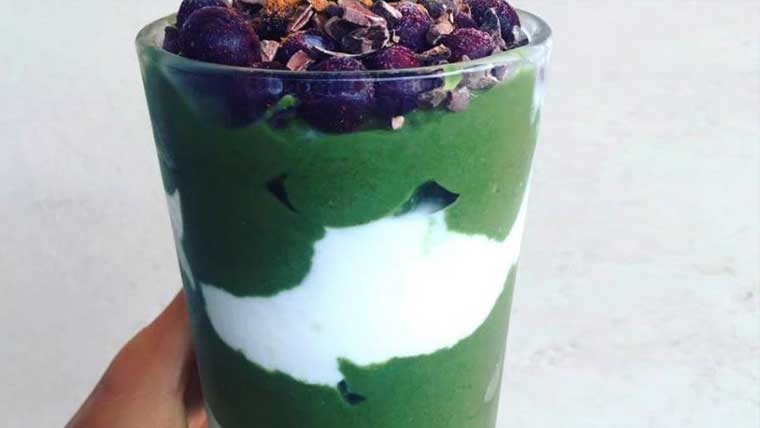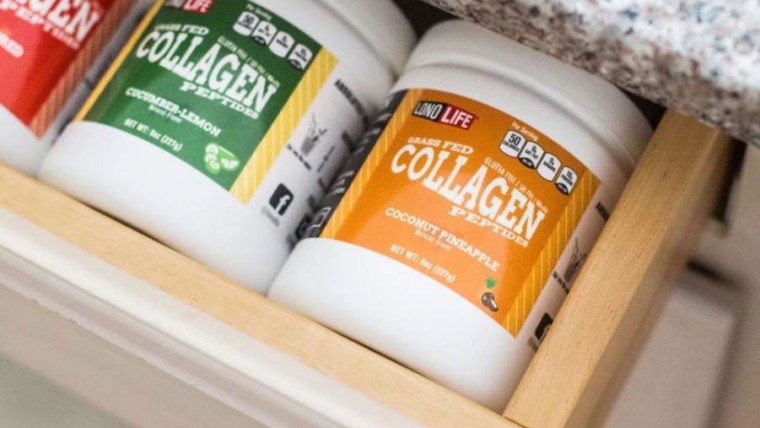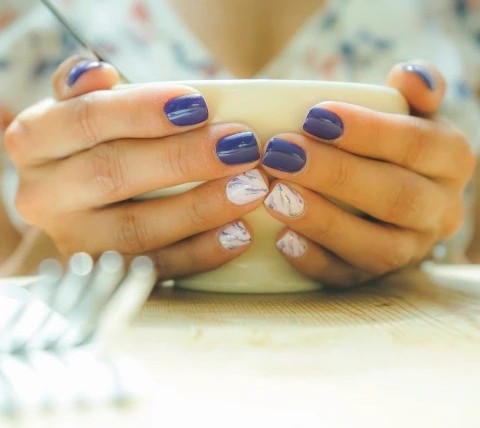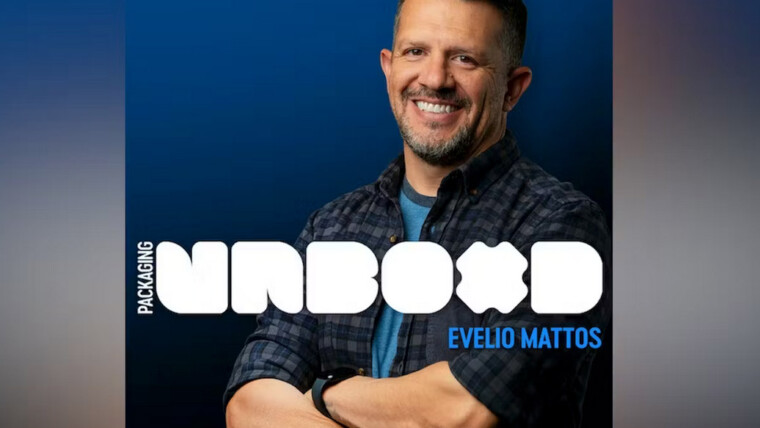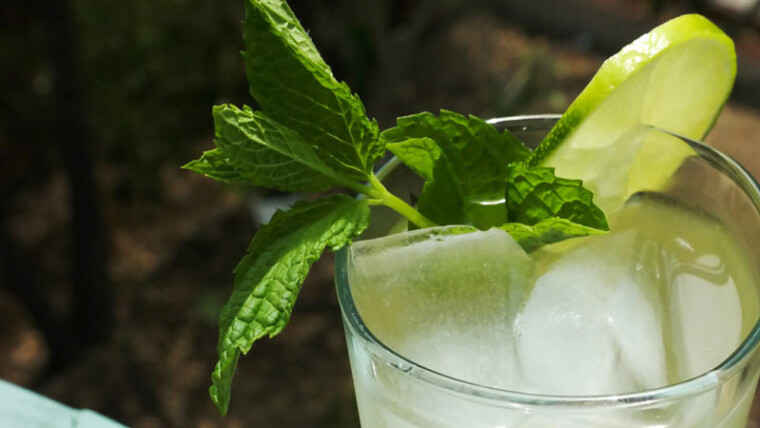(photo credits: Jussi Oksanen)
T.J. Bottom has always had a carpe diem attitude to life, and with high level athlete parents it was inevitable that he would throw himself into sports at an early age. He eventually became a pretty serious runner and cyclist but when a rare autoimmune disease started to play havoc with his body, he was finding it harder and harder to live the life he loved. That’s when T.J. decided that there was only one way to face the challenges that had been thrown his way – tackle them straight on.
From ice cold showers to daily collagen peptides and a diet that puts most of us to shame, T.J. has optimized his response to western medicine beyond all expectations and continues to run ultra-marathons and hit the roads on his bike with the best of them. Read on to see why such as serious diagnosis doesn’t always have to dictate the way you live your life.
Let’s start by talking about your life as an athlete. Tell us about your passion for running and cycling?
I grew up with very active parents. My father was a star football player in Wyoming, playing for the University after captaining his HS team to multiple state championships. My mom grew up under the tutelage of her mother who was a tennis coach and golf pro. There was no way my parents weren’t going to let my brother and I just sit around and play video games. I was skiing at age 3, and playing everything from basketball to baseball through high school and in the interim, found a passion for snowboarding, which ultimately shaped my entire adult life. I also started strength training at age 14, after I was cut from the freshman basketball team for not even being able to complete a pullup. My coach at the time pretty much called me ‘weak’ and advised that if I ever wanted to be an athlete, that I needed to ‘be strong, and work harder than everyone else.’ I took heed to that advice and forever internalized it as a motivator.
I continued snowboarding and being a gym rat until I met who would become my wife, Karen, who was an accomplished endurance athlete at the time; competing in multiple marathons, including Boston. One day, she reluctantly agreed to go to do Disneyland with me, but only if I would go on a 3-mile trail run before. After bench pressing and curling and squatting for years on end, I thought I was this ‘tough-guy’ who could pull any physical feat off on a whim, and quickly learned that was far from truth. After the run, I couldn’t walk straight for a week. I was defeated, and I was HOOKED. Feeling I was cut from my HS team again, I refocused my daily discipline now to getting better at the ever-humbling sport of running.
Since then, I have run countless 1/2 marathons, marathons, fun-runs, ultra-marathons, and have been running continuously and avidly now for over 13 years. Cycling came into my life similarly to running. I thought, “How hard can it be?” (Fool me once, right?!). I quickly learned it was a different animal when my ass was on the pavement, heart pounding, as I watched my friend quickly disappear down the tarmac ahead.
Running and cycling are my drug. My escape. My secret. I need them to function, to feel balance, to think, to be a better father, husband, brother and son.
Have you always been a dedicated athlete?
Dedicated? Not so much. I’m a specialized generalist. As much as I LOVE running and cycling, I LOVE many other things that keep my blood moving and my lungs firing. Snowboarding, XC Skiing, Touring, Swimming, MTB. I would say that I have always been disciplined. I haven’t taken more than 2 days off from some form of ‘training’ or racing in 10 years.

When did you first start to realize you were having health challenges, and how did that present itself?
I first noticed something was ‘off’ when my quads just wouldn’t release! It felt as if my upper quads were going to tear out of my skin. I sought counsel from a few elite endurance athlete friends, who had also had some similar symptoms, and chalked it up to ‘over training.’ I had run 6 races in early 2017, including a 50 miler through the desert, followed closely by a ½ marathon, 2 full trail marathons, a steeplechase, and then a 16 mile ‘fun-run’ in Steamboat, CO. That race did me in way more than it should have. I then knew something was wrong.
Multiple doctors told me I was ‘too healthy,’ for it to be anything serious. But I knew my body, and I knew I something was seriously off. I had a few small rashes on my hands that ultimately lead me to a dermatologist who was concerned that I had a 5/1M disease called Dermatomyositis. A super-rare autoimmune disease that attacks your skin and proximal muscles (hips, quads, shoulders, neck) and can shut down the function of your heart, lungs, and esophagus. Not to mention having a heavy association with cancer (existing or looming).
I had never been truly afraid in my life, until I heard I had tested positive for this disease, and that my particular condition had a high risk for underlying and future malignancies.
What approach did you take to getting on the path to recovery?
I already ate very well, recovered cautiously and diligently, and rarely ate/drank anything harmful. But when I found out I had DM, I got extremely disciplined. I refused medication for a couple of months, figuring I could fine-tune my diet and recovery regimens to rid the disease and its symptoms. Ultimately caving to western medicine (which helped immensely), I also adopted a few dietary changes and recovery methods that I haven’t wavered from in over 16 months.
What does a typical day look like for you from a nutrition and activity standpoint?
I take freezing cold showers (yikes), and start my morning with collagen peptides and good fats such as c6-8 MCT oils. My wife brought home some Lonolife peptides and bone broth when I first got sick. Being obsessive by nature, and more so when I got sick, I researched the massive benefits of this combo and haven’t missed a day since. My recovery is quicker, my joints stronger, my beard shinier than ever before (it’s true, folks), pre or post disease.
I started from scratch, strategic training with proper recovery and incremental stress increases daily (rather than blowing every training session out), stretching (my mobility was shot as the disease took out my neck, shoulders, hips and quads) and playing with my daughter. I truly believe that being on this planet for her and my wife is my ultimate purpose, and that purpose to exist and be strong is my most potent medicine – it has brought me back to my strongest self.
Why are bone broth and collagen so important for you?
They are important to me because I need quality foods and supplements to keep my body tuned to combat inflammation, enhance recovery, and keep my joints lubed up for life! Having DM, I am exponentially more susceptible to inflammation and damage. I 100% believe these key dietary supplements keep my machine oiled for the miles I put on it daily.
What is it about lonolife products that resonate with your lifestyle?
Lonolife uses quality sources, uncompromised by crap, and make it SUPER easy to use every day. Even when I travel, it comes with me (I’m in Germany now, and have a packet with me for every day).
What advice do you have for someone facing similar health challenges to the ones you’ve faced?

First off, don’t Google anything. Nobody goes online to journal how they have recovered and how life can be ‘normal.’ Misery loves company, and according to the Internet, you’re dead. Be optimistic; know that the body and mind are capable of AMAZING things. Have a true ‘purpose’ to exist and focus on LIVING! Look to your loved ones for motivation. Be disciplined, hard headed, and diligent. You’re in a fight, but you can and you will win.

